Table of Contents
Flat adverbs are adverbs that look the same as adjectives because they do not end in -ly. They have been used in English for a long time and are common in both speaking and writing. These adverbs make sentences sound natural and easy to understand. Learning them is important because they appear often in daily conversations and books, helping to improve both grammar and communication skills.
What are Flat Adverbs?
Flat adverbs are adverbs that look the same as their adjective form because they don’t have –ly at the end.
For example:
Straight → Go straight home.
Fast → He runs fast. (Not fastly)
Hard → She works hard. (Not hardly, which has a different meaning)
Early → We arrived early.
List of Flat adverbs
- Fast
- Hard
- Late
- Early
- Long
- High
- Low
- Straight
- Wide
- Wrong
- Right
- Clean
- Deep
- Sharp
- Slow
- Tight
- Bright
- Clear
- Sweet
- Near
- Far
- Close
- Easy
- Cheap
- Loud
- Soft
- Rough
- Smooth
- Tight
- Empty
- Fresh
- Deep
- Heavy
- Quick
- Bold
- Hard
- Bright
- Full
- Fine
- Warm
- Cold
- Warm
- Bitter
- Cool
- Dry
- Wet
- Poor
- Rich
- Gentle
- Fine
- Strong
- Short
- Fast
- Clean
- Low
- Loose
- Soft
- Rich
- Strange
- Sweet
- Bitter
- Free
- Rough
- Smooth
- Old
- Young
- Thick
- Thin
- Even
- Odd
- Empty
- Heavy
- Slight
- Bitter
- Sweet
- Clear
- Sweet
- Thick
- Thin
- Right
- Wrong
- Wide
- Near
- Tight
- Hot
- Cold
- Narrow
- Broad
- Bright
- Clear
- Calm
- Quiet
- Hot
- Cold
- Dry
- Wet
- Deep
- Strong
- Soft
- Free
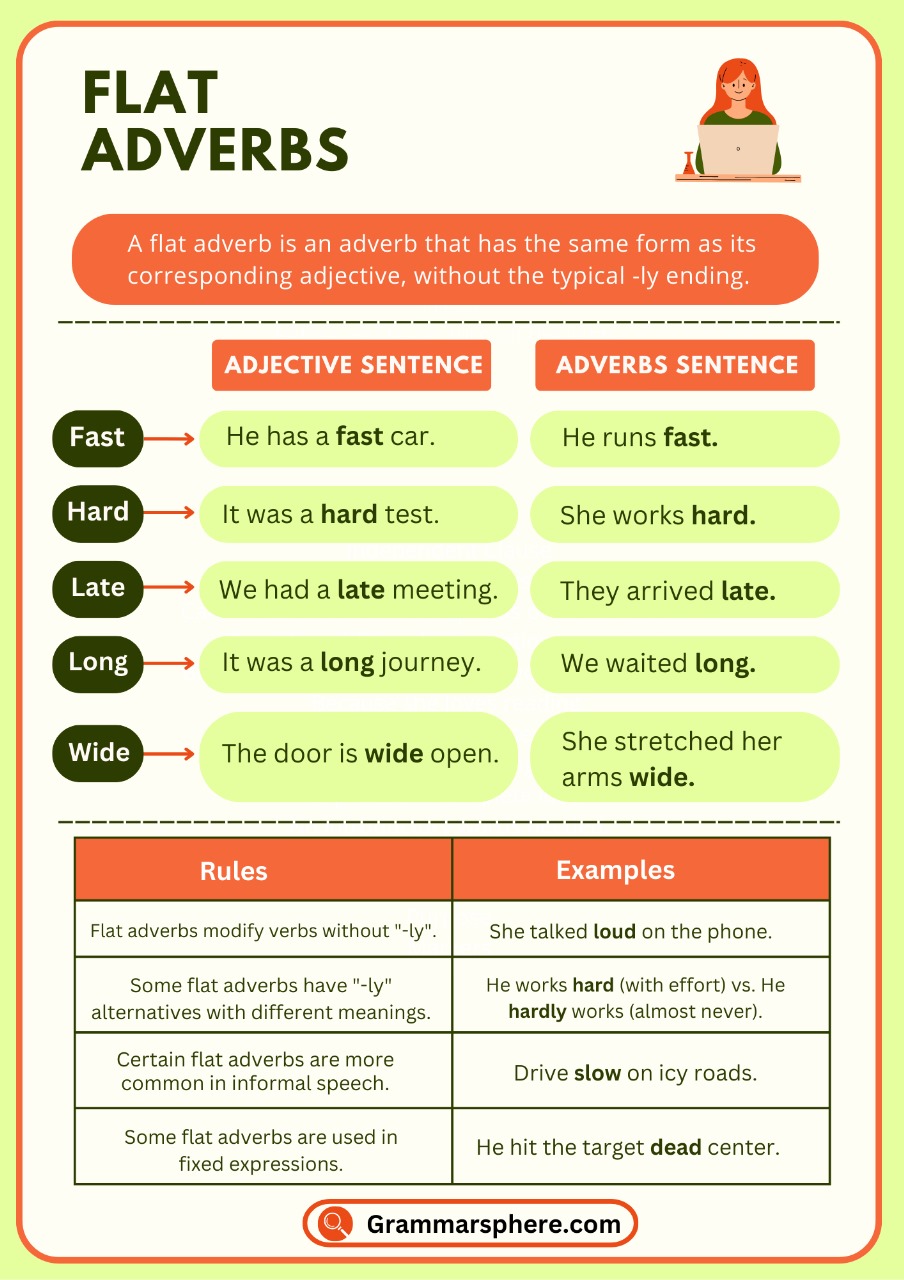
Flat Adverbs Used in Sentences
| Word | Sentence |
|---|---|
| Fast | He runs fast in the race. |
| Hard | The test was very hard. |
| Late | She arrived late to school. |
| Early | We woke up early today. |
| Long | The bridge is very long. |
| High | The plane flies high. |
| Low | The river is low in summer. |
| Straight | Walk straight to the door. |
| Wide | The road is very wide. |
| Wrong | Your answer is wrong. |
| Right | He chose the right path. |
| Clean | The room is clean now. |
| Deep | The lake is very deep. |
| Sharp | The knife is sharp. |
| Slow | The turtle moves slow. |
| Tight | The lid is tight. |
| Bright | The sun is bright today. |
| Clear | The sky is clear. |
| Sweet | This cake is very sweet. |
| Near | The school is near my house. |
| Far | His house is far away. |
| Close | She sat close to me. |
| Easy | This question is easy. |
| Cheap | The bag was cheap. |
| Loud | The music is too loud. |
| Soft | The pillow is very soft. |
| Rough | The road is rough. |
| Smooth | The surface is smooth. |
| Empty | The bottle is empty. |
| Fresh | The air is fresh. |
| Heavy | This box is heavy. |
| Quick | He gave a quick reply. |
| Bold | She made a bold decision. |
| Full | The glass is full of water. |
| Fine | The weather is fine today. |
| Warm | The soup is warm. |
| Cold | The water is cold. |
| Bitter | This coffee is bitter. |
| Cool | The evening is cool. |
| Dry | The towel is dry now. |
| Wet | The ground is wet after rain. |
| Poor | They are poor but happy. |
| Rich | He is a rich businessman. |
| Gentle | She has a gentle voice. |
| Strong | He is very strong. |
| Short | This book is short. |
| Loose | My shoes are loose. |
| Strange | That sound was strange. |
| Free | The tickets are free today. |
| Old | My grandfather is old. |
| Young | The girl is very young. |
| Thick | The book is thick. |
| Thin | The ice is thin. |
| Even | The road is even. |
| Odd | That number is odd. |
| Slight | There was a slight delay. |
| Narrow | The street is narrow. |
| Broad | He has a broad smile. |
| Calm | The sea is calm today. |
| Quiet | The library is very quiet. |
Adverb vs. Flat Adverb
| Type | Definition | Example Sentence |
|---|---|---|
| Adverb -ly Form | A word that modifies a verb, usually ending in -ly | She sings beautifully |
| Flat Adverb | An adverb that looks like its adjective form, without -ly | She sings beautiful (less common but still correct in informal use) |
| Adverb -ly Form | More common in modern English for adverbs | He moved quickly |
| Flat Adverb | Often used in everyday speech and older forms of English | He moved quick |
Adjective vs. Flat Adverb
| Type | Definition | Example Sentence |
|---|---|---|
| Adjective | Describes a noun | This is a fast car |
| Flat Adverb | Modifies a verb without changing form | He runs fast |
| Adjective | Describes a quality of a person or thing | She has a hard job |
| Flat Adverb | Describes how something happens | She works hard |
Flat Adverb Examples
Flat Adverbs with -ly Forms
| Flat Adverbs | L-Y Form (in Sentence) |
|---|---|
| Fast | He completed the race fastly. |
| Hard | She hardly noticed the noise. |
| Late | I haven’t seen him lately. |
| Easy | She solved the puzzle easily. |
| Bright | The stars shone brightly in the sky. |
| Slow | He walked slowly towards the exit. |
| Tight | She held the rope tightly. |
| Soft | He spoke softly to his friend. |
| Clear | The instructions were explained clearly. |
| Loud | The baby cried loudly in the room. |
| Sharp | The knife cut sharply through the paper. |
| Smooth | The car moved smoothly on the highway. |
| Deep | He breathed deeply before jumping. |
| Quick | She reacted quickly to the situation. |
| Strong | He pushed the door strongly. |
Why are Flat Adverbs Important
Flat adverbs are important because they make English sound natural and easy to use. Words like fast, hard, late, and straight work as both adjectives and adverbs without adding -ly.
For example, we say Run fast instead of Run fastly. Learning them helps avoid mistakes and improves both modern and classic English understanding.
FAQS
What is flat adverbs example?
A flat adverb is an adverb that does not end in -ly and looks the same as its adjective form.
Example:
He runs fast. (Fast is a flat adverb modifying “runs.”)
She works hard. (Hard describes how she works.)
Is fast a flat adverb?
Yes, fast is a flat adverb because it has the same form as its adjective and does not require -ly to function as an adverb.
Example:
He runs fast. (Fast modifies “runs” as an adverb.)
This is a fast car. (Fast functions as an adjective here.)
Is loud a flat adverb?
es, loud is a flat adverb because it can function as both an adjective and an adverb without adding -ly.
Example:
He spoke loud. (Loud modifies “spoke” as an adverb.)
The music is loud. (Loud functions as an adjective here.)
What are 11 examples of adverbs?
Quickly, slowly, loudly, softly, easily, always, never, yesterday, now, everywhere, very.
You May Also Like

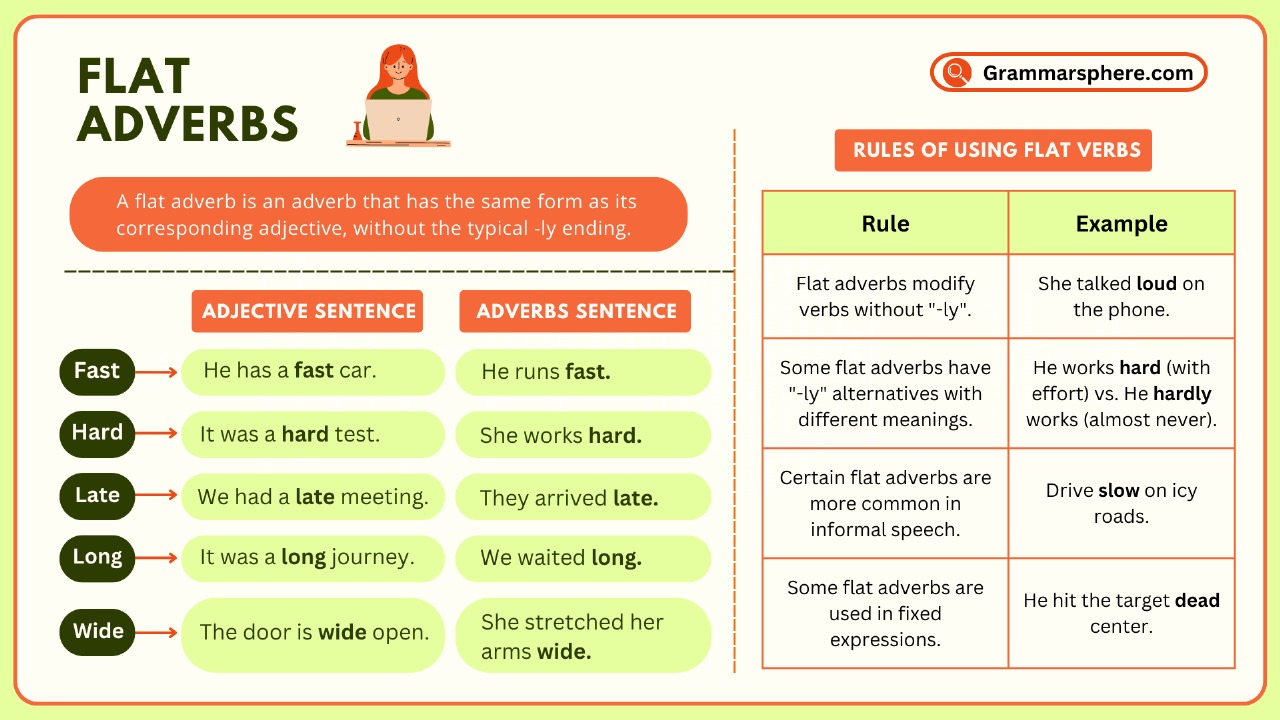
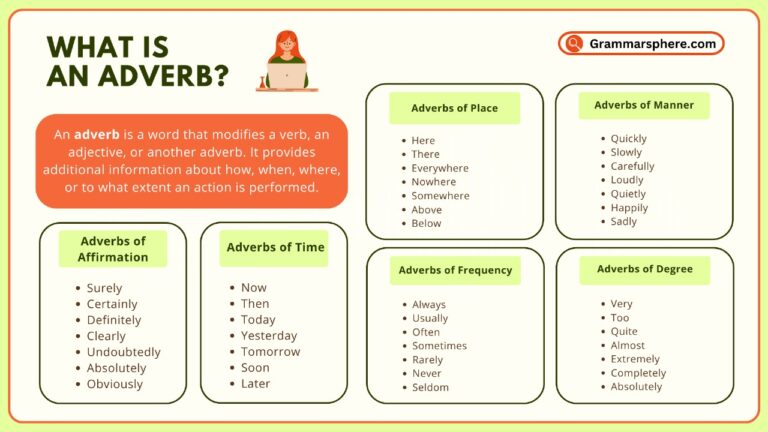
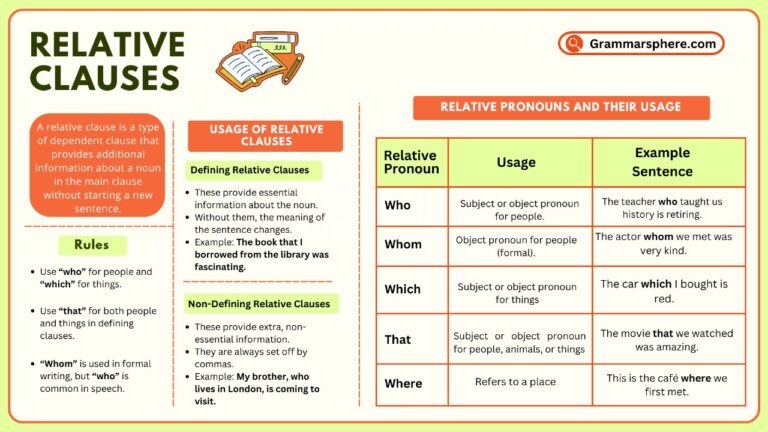
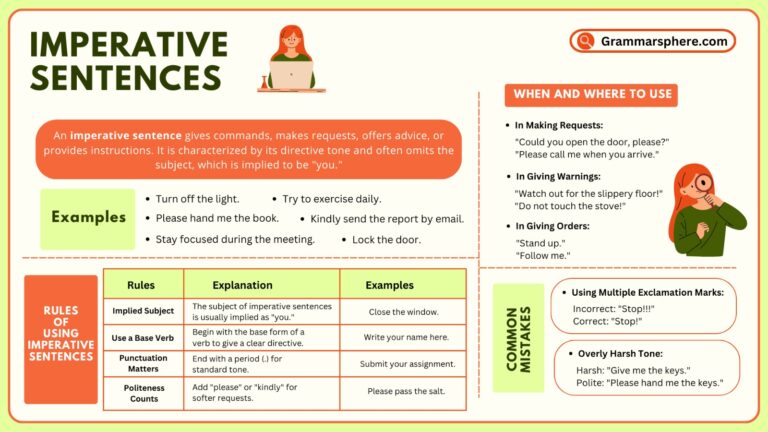
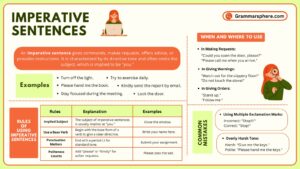
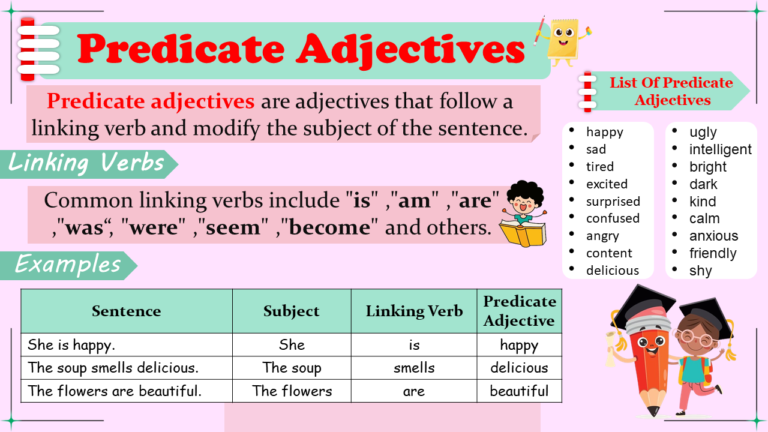
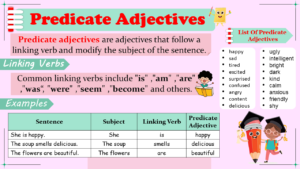
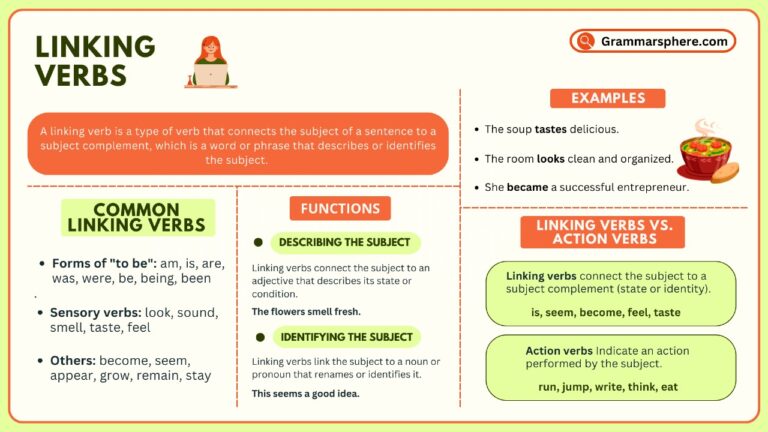
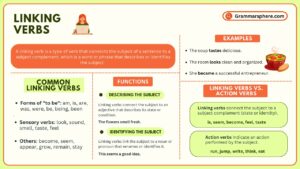
Leave a Comment